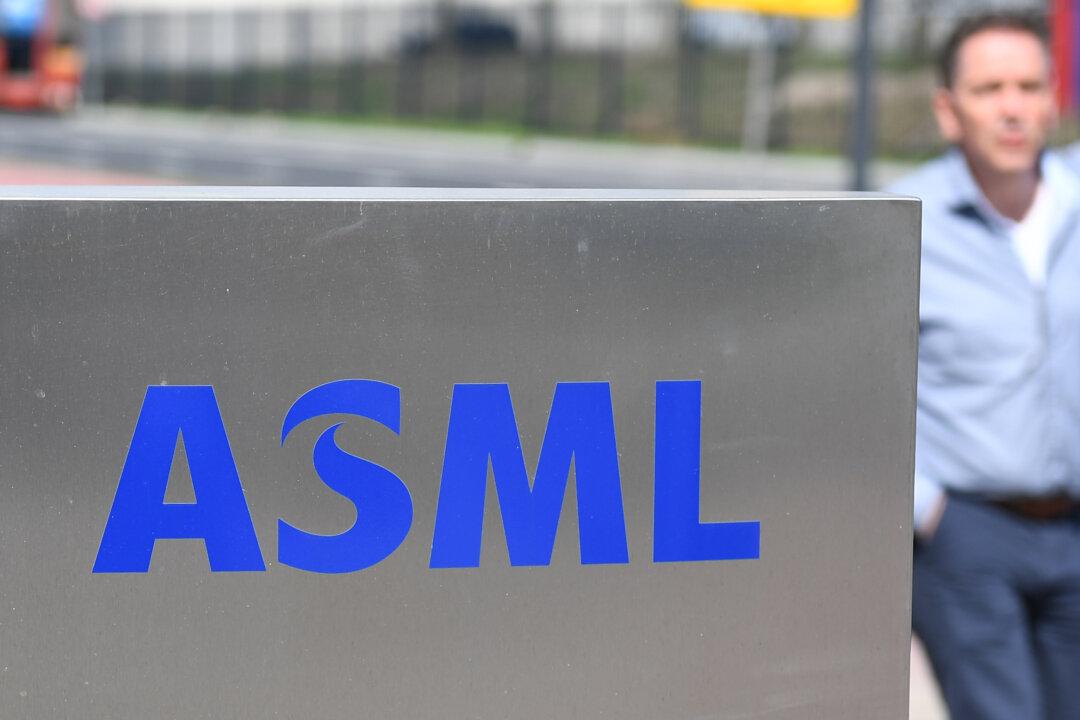A lawsuit between two tech companies in the United States highlighted an unlikely way for China to steal intellectual property: through an American company.
ASML, a leading manufacturer of chip-making equipment based in the Netherlands, announced via a press release on May 4 that the Santa Clara County Superior Court ruled in favor of ASML in its lawsuit against XTAL, a California-based company founded by two Chinese engineers.





